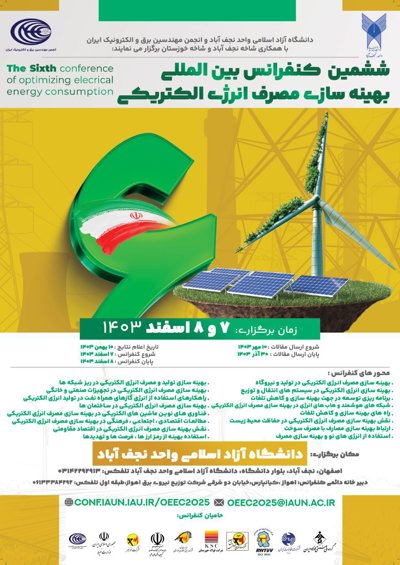0% Complete

نویسندگان :
کلمات کلیدی :
چکیده :
لیست مقالات بایگانی شده
Sahand Heidary - Rahim Zahedi - Abolfazl Ahmadi
Sahar Manavi nia - Fereshte Ahmadi
Asghar Sabzevari - Majid Moazzami - Bahador Fani - Ghazanfar Shahgholian - Mahnaz Hashemi
Koosha Mardasi - Nasim Noorafza
Amin Aslanzadeh Moghanjooghi - Mahdi Mazloomi - Mohammad Asgari - Mohammad Sadegh Mehrabikia
Neda Chatraei Azizabadi - Nasim Noorafza
Hussein Asaad Shakir Al-Khalaf - Rahmat Aazami - Mohammadamin Shirkhani


